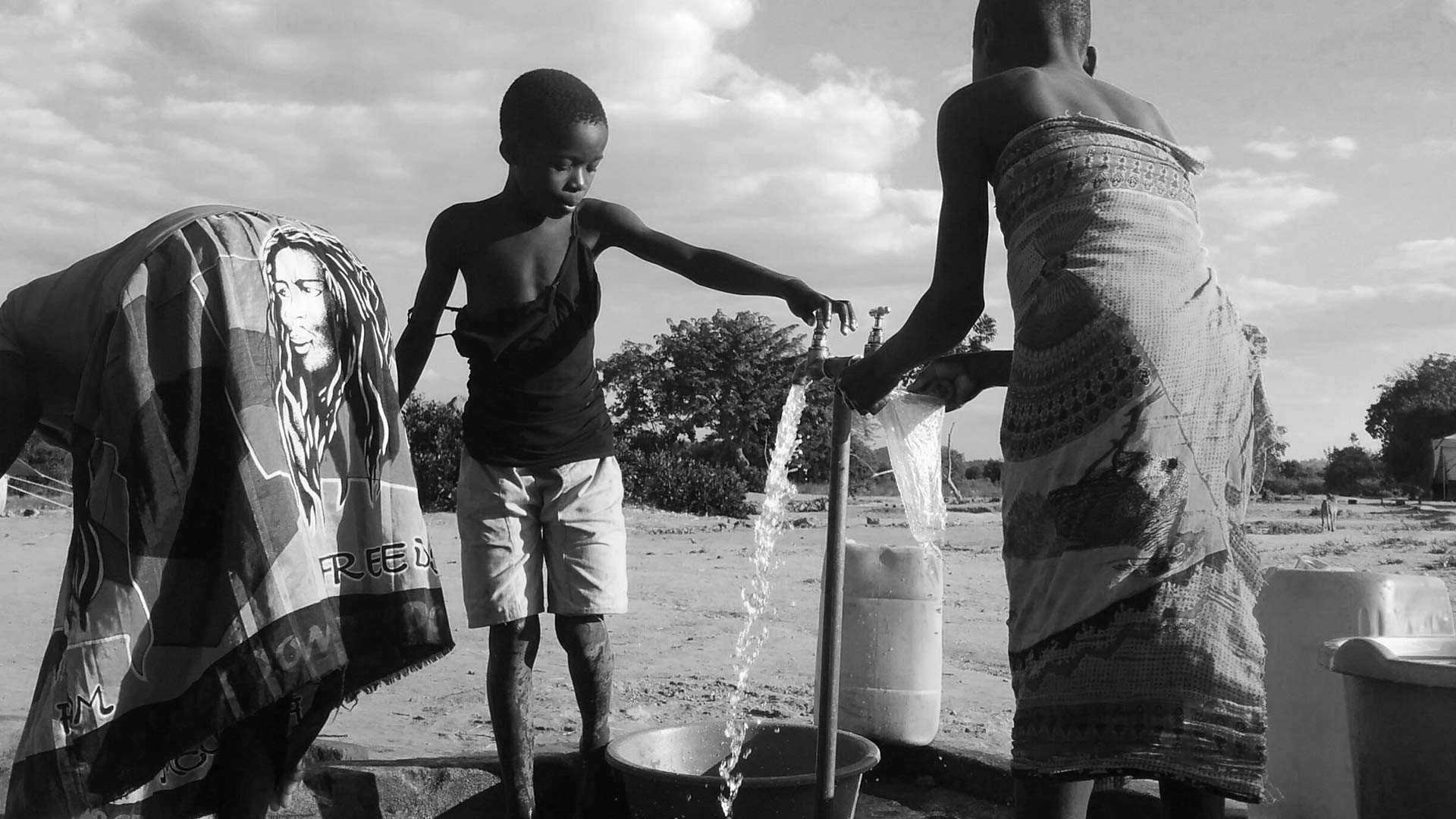In January 2015, the Start Fund responded to flooding in Malawi and Mozambique. The floods had caused mass displacement and destroyed the vast majority of agricultural livelihoods, affecting more than 1 million people.
The Learning and Evaluation Committee conducted its normal peer-review of the response, and a number of key questions arose. With their approval, the Monitoring and Evaluation team at Action Against Hunger decided to launch a learning exercise from July 11-18 using the 1% learning budget.
A bespoke methodology was developed for the Start Fund’s first ever peer field review. The pilot was successful and led to a number of key findings, detailed in this case study.
The objectives of the peer field review were:
- to determine the extent to which the Start Fund contributed (positively or negatively) to the evolution of the crisis within the context of the overall relief efforts
- to identify factors that influence the likelihood of sustainability and impact
- to understand people’s perceptions about the response, with a focus on the extent to which their needs and rights have been supported and well-being strengthened since the disaster occurred.

